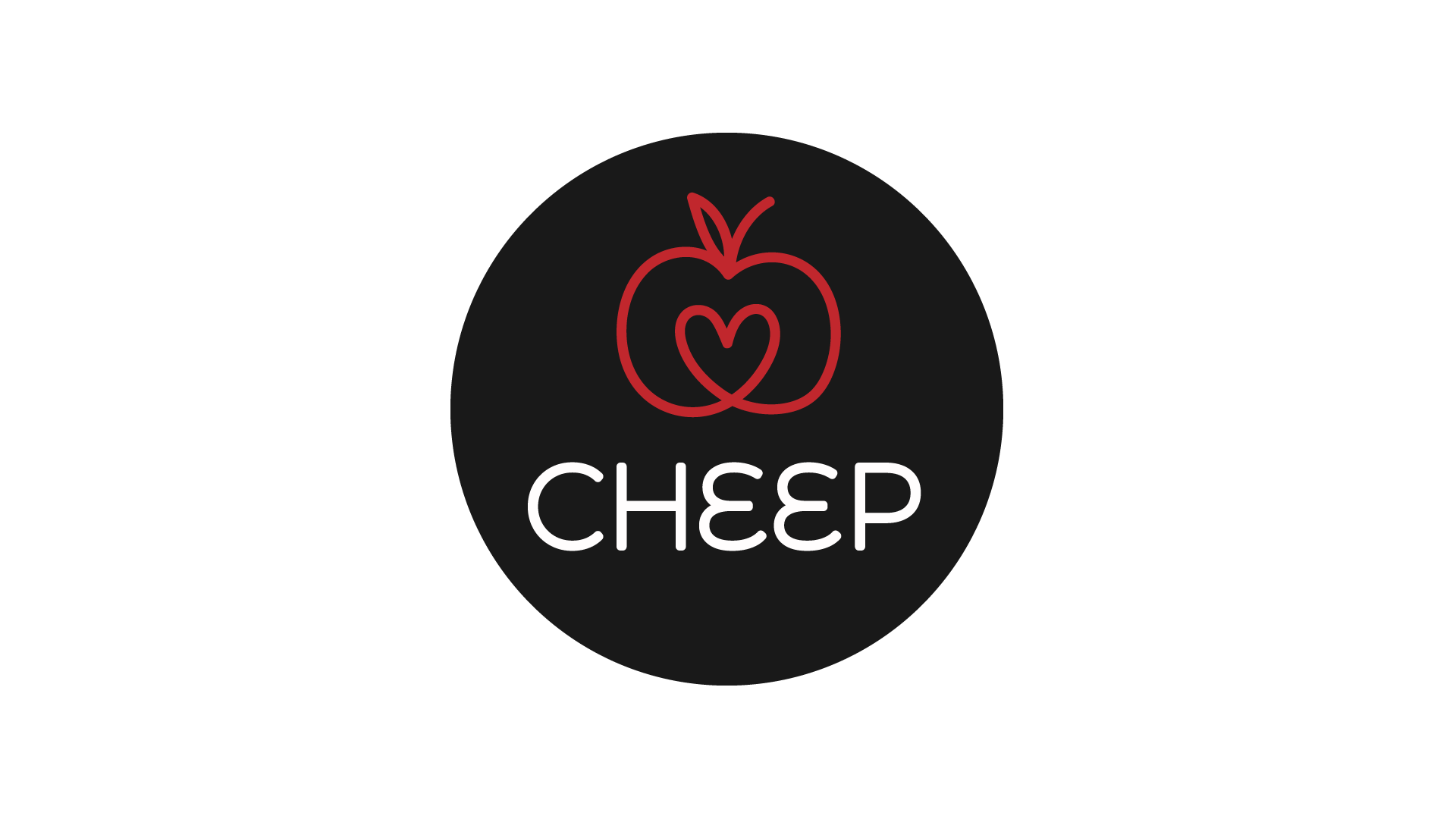The CHEEP (Cooking Healthy European Paths) project was the result of a multidisciplinary and synergetic, intercultural and European effort that integrated research, training and innovation with the aim of informing, supporting and guiding families, students and operators towards achieving a correct nutritional style combined with a healthy diet and cuisine. The CHEEP project was promoted by the Italian Research Council (CNR) in collaboration with IPSSEOA “Pietro Piazza” of Palermo, the biggest catering vocational school in Southern Italy, La Merced Centro Integrado de Formación Profesional (Spain), Zespol Szkol Gastronomiczno-Hotelarskich (Poland), Lycée hôtelier Yvon Bourges de Dinard (France) and University of Palermo (Italy).
During the year 2018, after having observed data about children affected by health problems related to specific dietary needs, CNR promoted the activation of the project DADO (acronym of Diet, Allergy, Diabetes, and Obesity) to inform and teach families with children suffering from these diseases, to adopt a correct dietary style to face these pathologies. The DADO project provided several theoretical and practical classes where scientific experts and chefs met families to provide knowledge and tools to live “cooking” as a pleasant moment. They shared useful suggestions on how to deal with special dietary needs without losing the pleasure of eating tasty food. Moreover, the project promoted the idea of rediscovering and redesigning, with a new healthy approach, traditional dishes, demonstrating that limits were often a challenging starting point to explore and find new possibilities.
A further value of the project was the mobility for students (Training Activities) who, in many cases, had never left their home country before. This opportunity produced a long-lasting positive effect on their European awareness, improving also their language skills and competence in the English language.
So the project produced concrete, long-lasting effects on the organizations involved in the planned activities: the mutual goal, in fact, was the implementation of these innovations by all partner schools, through the creation of a specific new path of education and qualification (O2 - School professional development of Pilot Training Course in Healthy Cooking) within catering vocational schools' curriculum, granting and releasing a final specializing certification for the professional recognition of acquired competences. Target groups were both teachers and students. Teachers were trained during the first part of the project through webinars and meetings arranged and issued by CNR (O3 - Healthy cooking webinar for teachers). Afterwards, teachers trained students, providing professional competences through real, learning-by-doing practices and ICT-based methodologies, increasing motivation and satisfaction. The evaluation of the students' knowledge, attitude and perception in the field of healthy cooking allowed the effectiveness of the pilot course to be verified ( O1 - Evaluation of Knowledge, attitude and perception in the field of healthy cooking). Good practices were socialized among school teachers and students, planning activities to share experiences for an interpersonal professional development in a dynamic environment. Moreover, the creation of a system of recognition and validation of this new students' profile, both for professional transversal skills, describing and defining qualifications in terms of learning outcomes, would greatly encourage entrepreneurship and increase opportunities for employability at the local, national, or international level.
Besides, CNR studies and results could reach greater effectiveness and echo for the benefit of local, regional, national, and international communities, in particular for those families whose children suffered from these diseases and whose socio-economic or cultural condition didn't produce a correct approach to support their children's needs.
The creation of a free open multimedia and multi-language digital book in Augmented Reality, containing suggestions and clear, simple, attracting recipes with explanatory videos for their correct realization, was an effective tool to support families and children, with the possibility to add new content even after the project conclusion. The book, easily accessible from the different partner websites, could also become an extraordinary "melting pot" of social, linguistic, and cultural identities, as it resulted from the cooperation with partners from four different countries and active in different fields (O4 - Recipes and multimedia contents for healthy cooking book and short term mobility; O5 - Healthy cooking book in Augmented Reality).



